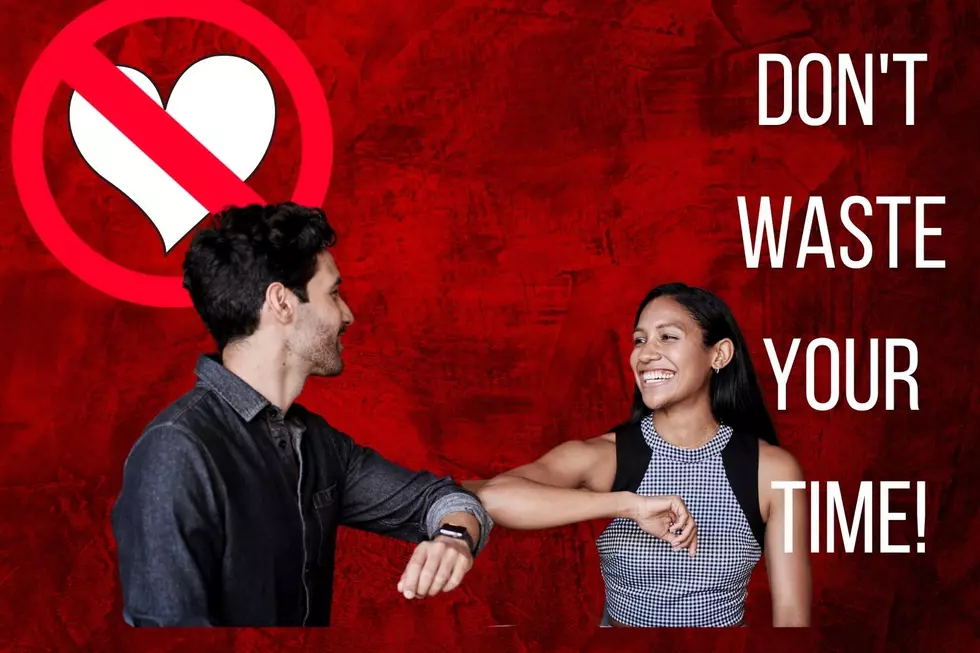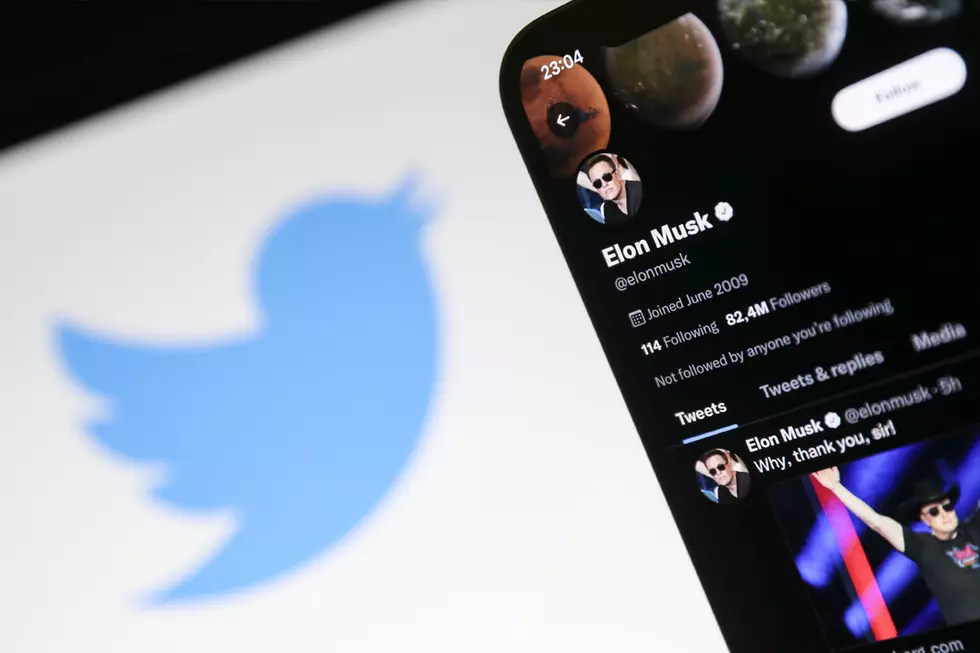
How Seriously Do You Take Facebook? A New Study Shows Real Life Consequences
In today's technological world Facebook is part of our normal life. I can remember when I didn't have a Facebook and everyone was telling me to join and use it as a marketing tool. There's no doubt that's where the people are this day and age. Facebook has 1.06 Billion users, yep you read that right over a billion user of Facebook. WOW!
I can see why a lot of people use facebook, it's a great way to stay in touch with loved ones that we wouldn't normally see in our daily life. Friends and family from out of town who want to keep up to date on current events and photos of our cute kids or families. But facebook doesn't always produce positive experiences.
A new study done by Christopher Sibona, a doctoral student at the University of Colorado Denver Business School shows that the physiological effects are still unknown. This study centered around unfriending people and their reaction to it.
Researchers from the University of Colorado discovered that 40 percent of those surveyed say they would avoid real-life contact with someone who unfriended them on Facebook. Women are more likely than men to avoid those who unfriend them. "People think social networks are just for fun, but what you do on those sites can have real-world consequences," says study author Christopher Sibona, who arrived at his conclusions after receiving 600 responses to a survey he posted on Twitter.
Specifically, six factors predicted whether people would avoid a person who unfriended them:
1. If the person who did the unfriending discussed the event later with someone else.
2. If the unfriended person had an extremely negative emotional response.
3. If the unfriended person believed the action was because of their offline behavior.
4. If relationship trouble was discussed prior to the unfriending.
5. How strong the person valued the relationship before the unfriending.
6. The geographical distance between the two.
"People who are unfriended may face similar psychological effects, because unfriending may be viewed as a form of social exclusion," Sibona said. "The study makes clear that unfriending is meaningful and has important psychological consequences for those to whom it occurs."
I would have to agree, but isn't that the point of unfriending someone. You don't want contact with them. In my case I've unfriended people for many different reasons (not all bad.) I've also been unfriended by many people for various reasons not all of them negative, or I'm assuming it's not all negative. How many facebooks posts have you seen that say "If you're reading this you made my friends lists after my most recent purge."
If you think about it, when you stop being "friends" with someone in real life you just stop contact, you stop talking to them, you lose touch. You don't see them or have communication with them period. But in the facebook world you have to take an action to "unfriend" someone, and they can usually figure out you unfriended them, and if you don't unfriend them...they can still see your facebook page unless you hide or block them.
There are a lot of people who I'm not friends with in real life but who I allow on my personal facebook page. Facebook is really changing the definition of what a friend is? Here is the actual Websters definition of a friend. When used as a verb it actually means a "person on a list of contacts associated with a social networking Web site."
Noun
A person whom one knows and with whom one has a bond of mutual affection, typically exclusive of sexual or family relations.
Verb
Add (someone) to a list of contacts associated with a social networking Web site.
No offense to facebook users (of which I am one) but I personally think facebook is a recipe for real life disaster if you don't use it correctly in my opinion. It gives you a real a complex about a number of real life issues. It also shapes your opinion of people based on what you see and read. It adds an element to our lives that wasn't there before facebook. Constant updates about this and that, photo's, cryptic posts, you get the idea. People are using it for activist issues, affairs, venting about things, spying on people, marketing, and what ever else you can think of. It's changing our way of life and not for the better in my opinion. I'm sure there will be more studies like this in the future and facebook may over time see their number of users decline. Did you know that deleting your facebook is a process as opposed to just deactivating it, but that's a post for another day.
More From 92.9 The Bull









